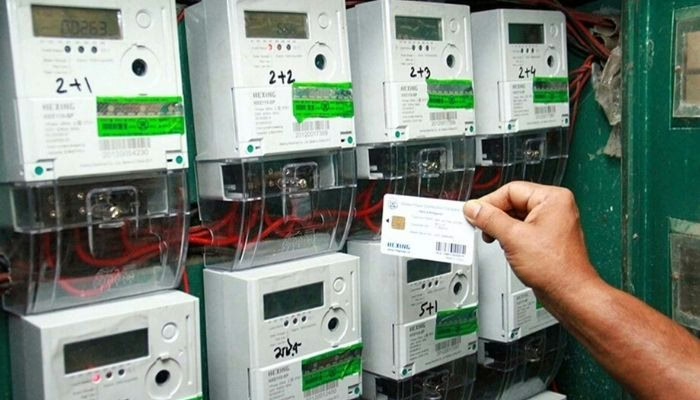House of Representatives Challenges NERC on ₦59 Billion Metering Loan
The Nigerian House of Representatives has raised concerns regarding the ₦59 billion loan obtained from the Central Bank of Nigeria (CBN) by the Nigerian Electricity Regulatory Commission (NERC). This fund, intended to accelerate the deployment of smart metering technology across the country, has come under scrutiny amid questions about its management and impact.
Addressing Nigeria’s Metering Shortfall Through Technology
Smart metering is increasingly recognized as a pivotal solution to Nigeria’s persistent electricity metering gap, which currently affects millions of consumers nationwide. By enabling real-time monitoring and accurate billing, smart meters can significantly reduce energy theft and improve revenue collection for power distribution companies.
Financial Oversight and Accountability Concerns
In light of the substantial ₦59 billion loan, lawmakers are demanding transparency on how these funds have been utilized. The House of Representatives is seeking detailed reports from NERC to ensure that the money is effectively channeled towards expanding metering infrastructure rather than being diverted or mismanaged.
Global Context and Local Implications
Countries like Kenya and South Africa have successfully implemented smart metering systems, resulting in improved energy efficiency and customer satisfaction. Nigeria’s adoption of similar technologies could transform its power sector, which currently suffers from an estimated 40% metering deficit, according to recent industry reports.
Future Prospects for Nigeria’s Energy Sector
With the Nigerian government’s commitment to modernizing the power grid, the deployment of smart meters is a critical step toward achieving a more sustainable and transparent electricity market. Enhanced regulatory oversight and strategic investment will be essential to maximize the benefits of this technology and close the metering gap.























0 Comments